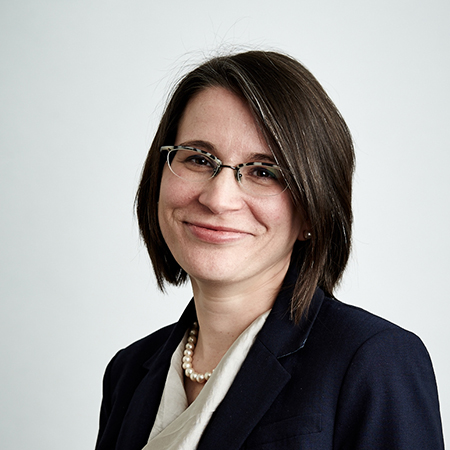by Betsey Mooney and Kate Nash
On Wednesday, January 16, 2020, the Department of Education published a Notice of Proposed Rulemaking regarding the eligibility of faith-based institutions for departmental grants. This proposed rule is the official document outlining the agency’s plan to revise its current regulations. Following its publication in the Federal Register, a thirty-day period opens in which members of the public may submit comments on the proposed revisions. The comments are made available for the general public to view via the Federal eRulemaking Portal, and are taken into consideration prior to the adoption of the proposed revisions. In this instance, the Department asserts the new proposed rule is designed to “level the playing field” for religious institutions applying for funding from the agency. Specifically, the proposed rule would remove restrictions on faith-based colleges and universities in a variety of areas pertaining to applications for and use of federal grant funding.
Among a host of changes, the proposed rule seeks to clarify that faith-based organizations are eligible to receive and utilize federal grants on the same basis as other private entities, and states that the Department will not discriminate against an organization on the basis of any religious affiliation when awarding grants. The proposed provisions also discontinue any additional requirements for faith-based organizations to provide assurances or notices as a condition of receiving grant funding, where those requirements are not similarly imposed on other organizations. The language of the rule provides that public institutions are required to comply with the First Amendment as a material condition of any grant, while private institutions must comply with their stated institutional policies regarding freedom of speech. Furthermore, the proposed rule dictates that public institutions must not deny faith-based student groups any of the rights or privileges otherwise afforded to non-faith-based student organizations. In addition, the proposed rule removes restrictions for certain grant programs that prohibit the use of funds “for otherwise allowable activities if they merely relate to “˜religious worship”™ or “˜theological subjects.”™” Also included in the proposed language is a non-exhaustive list of criteria by which educational institutions may demonstrate their eligibility for an exemption from the application of Title IX.
The proposed rule applies to a variety of grant programs administered directly by the Department, and indirectly through the states, but does not apply to direct student aid programs.
Elizabeth J. Mooney practices primarily in the areas of education, non-profit, litigation, labor and employment law. Betsey represents school districts with respect to employment and termination matters, special education, wage-hour compliance, student discipline and student rights, civil rights, and church/state issues. Betsey has successfully represented school districts in student and employment matters before State and Federal Courts and administrative agencies, including the Equal Employment Opportunity Commission, Missouri Commission on Human Rights, and the United States Department of Education Office for Civil Rights. As the former Associate General Counsel for a large private university, Betsey has extensive experience advising higher education clients on a host of student affairs and campus security issues, including student privacy concerns, the Jeanne Clery Act, and the Higher Education Opportunity Act.
Kate L. Nash is a shareholder of the firm and practices primarily in the areas of higher education, litigation, and labor and employment law. Kate acts as outside general counsel to numerous institutions of higher education, advising those organizations on a wide range of legal issues. In addition, Kate is frequently asked to conduct internal investigations regarding complex and sensitive matters in workplaces and at educational institutions. Kate also has extensive litigation experience litigation experience in federal and state courts and before federal and state administrative agencies. Kate is a frequent lecturer and author on employment and higher education issues and is active in the National Association of College and University Attorneys. She was an adjunct professor at Saint Louis University School of Law for numerous years, where she taught a course on non-profit organizations. Kate earned her B.A. from Cornell University and received her law degree at Washington University. Kate is a member of the Firm’s Management Committee.

 Elizabeth J. Mooney
Elizabeth J. Mooney Kate L. Nash
Kate L. Nash